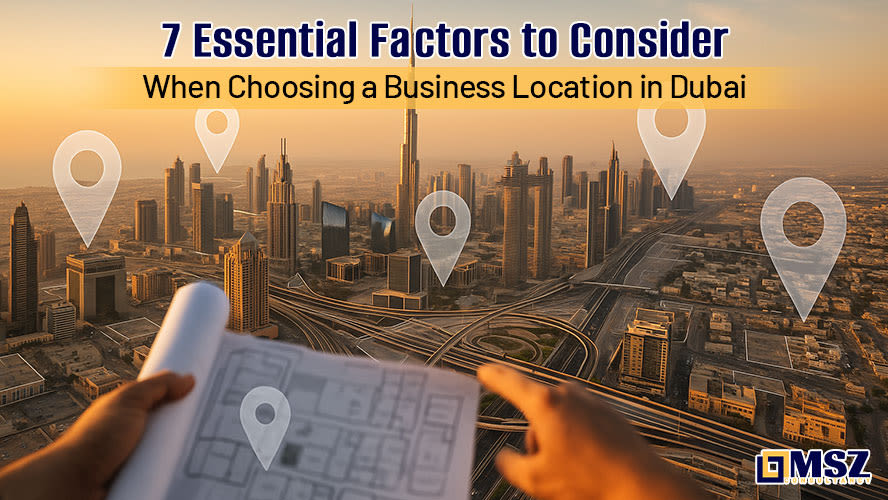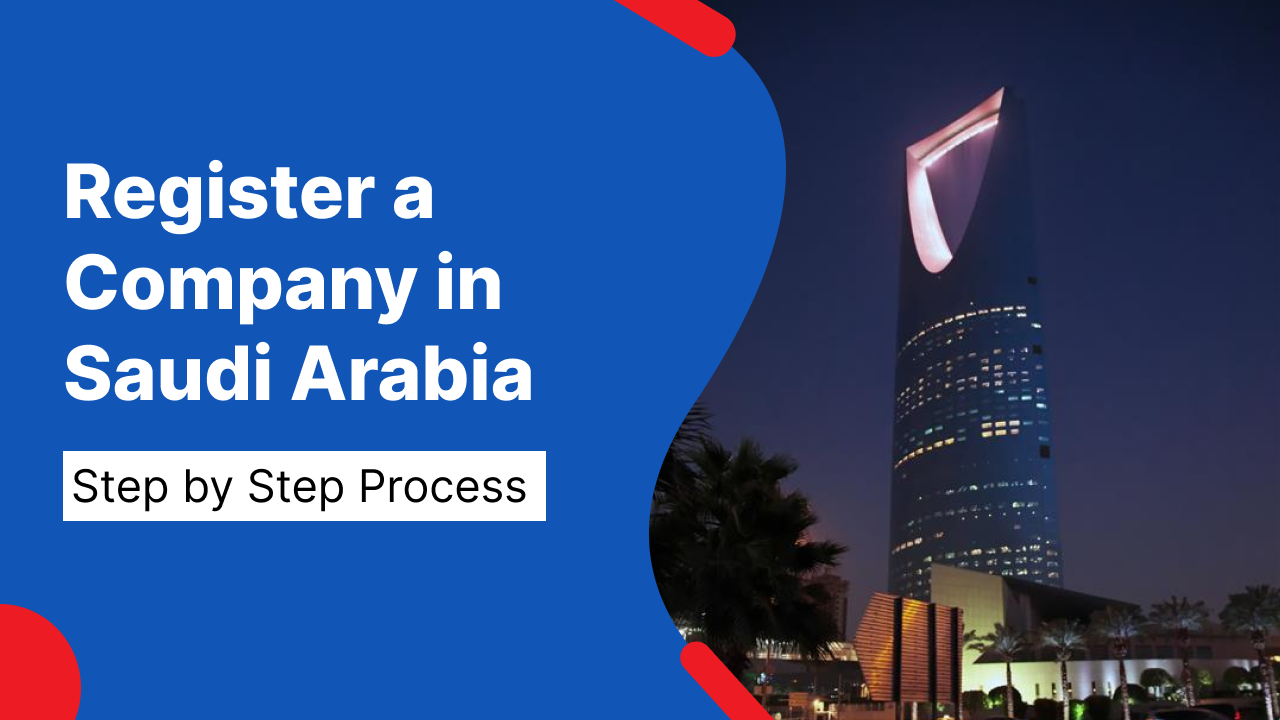
Setting up a business in Dubai offers plenty of opportunities, but the location you choose will shape more than just your office address. It will affect cost, access to customers, employees, and compliance. Below are seven fundamental considerations that you should make before you come to rest on where to start your Dubai business.
1. Align Your Location with Your Industry Sector
There are different areas in Dubai that specialize in particular industries. Tech startups and digital businesses tend to choose Dubai Internet City or Dubai Silicon Oasis for their operations. Logistics and trading types of firms are better located around Jebel Ali Port or Dubai South. The vast majority of finance companies and service providers have chosen Dubai International Finance Centre to set up business because it gives them a suitable regulating framework and a viable business environment.
Selecting an industry specific area not only helps with networking but also streamlines the licensing process and gives you a better chance at a marketing place. Check out these top 5 business-friendly spots in Dubai.
2. Evaluate Mainland vs. Free Zone Business Setup
Your business model will indicate if a mainland or free zone location is suitable. Mainland companies in Dubai have the benefit of being able to freely trade across the whole UAE and can access the local market directly. Free zones like DMCC or DAFZA have benefits such as tax-free, 100% foreign ownership, and a straightforward licensing process; meanwhile, they prescribe the way you will trade onshore without a local distributor.
Also, consider the advantages and disadvantages of each mainland and free zone company formation option so you can better align your operational objectives.
3. Proximity to Your Target Customers and Market
If your business approach relies on foot traffic or customer visits, location is important. You will want a high-density location location such as Downtown Dubai, Dubai Marina, and Jumeirah, because they have abundant residents and visitors. A commercial presence in Downtown will serve F&B (food and beverage) and both retail and service. If you are a B2B (business-to-business), you should consider the ease of access to commercial areas and transportation networks, such as the Dubai Metro or major highways.
Convenience to your customers limits logistical issues working against you and reinforces brand awareness to your customer base.
4. Budgeting for Office Space and Hidden Costs
Depending on where you are located Dubai commercial rents can vary greatly. High demand locations such as DIFC and Business Bay have exorbitant rents. Mid-range rents are more popular at JLT (Jumeirah Lakes Towers), and Al Quoz has the lowest rents. Free zones offer flexible rents, including shared spaces or flexi desks, which might be easier for startups or small businesses.
To ensure an accurate comparison of locations, always compare the total occupancy cost, including the security deposit, utility connections, and community fees.
5. Visa Entitlements and Talent Acquisition
Your office location will affect the number of visas your employees can obtain. Most free zones and mainland jurisdictions link visa quotas with the area in square feet. For example, if you find an office for 200 sq. ft., the office may support 2-3 visas. If you plan to employ a team, be sure to know the visa eligibility of the location before signing an office lease.
In addition, some free zones have premium visa packages based on the size of the office or if the type of business activity requires a higher number of visas.
6. Licensing Procedures and Regulatory Compliance
The licensing process varies somewhat between the mainland and the free zones. The Dubai Department of Economy and Tourism (DET) appoints mainland trade licenses for businesses, while free zones are responsible for their own issuance, renewal and processing of the free zone trade license.
Each free zone has different rules for documentation, processing times, and renewals. It is highly recommended that you research the specifics of each zone at the start of the inquiry to avoid frustrations or non-compliance issues later on.
More about Dubai Trade License.
7. Infrastructure, Transport, and Business Connectivity
A great location means easy access for employees, customers, and suppliers. It is advantageous to be near metro stations and main bus/train routes. It is also desirable to be close to major route channels such as Sheikh Zayed Road. If you are in logistics, you must also think about how easy and accessible it is to get to airports and/or seaports. For tech companies, be sure to ensure that the area has reliable internet and a digital infrastructure.
Ensure you consider parking, delivery access, as well as access to value-added services like banks or PRO service providers.
Final Thoughts
Careful research and planning is needed to land the right business location in Dubai. Be sure you take into account your operational requirements, growth plans and/or budget, as well as other industry-aligned considerations, regulatory compliance, licensing and logistics. The best potential location must meet regulations, but it also must allow you to build a secure long-term future and a successful path to navigate the constantly morphing market space in Dubai.
Ready for choose the perfect location for your business setup in Dubai? Book a consultation today or call us at +971 52 544 1248.

Mohammed Sultan Zubair
CEO - MSZ Corporate Services
Mohammed Sultan Zubair is a seasoned business consultant specializing in company formation and regulatory compliance in the UAE and Saudi Arabia. With over 15 years of experience, he has guided entrepreneurs, SMEs, and multinational firms through the complexities of regional business laws and market entry strategies. His deep understanding of local licensing, taxation, and free zone structures ensures clients make informed, strategic decisions. Mohammed Sultan Zubair regularly contributes insights on corporate setup, investment trends, and regional economic developments.





